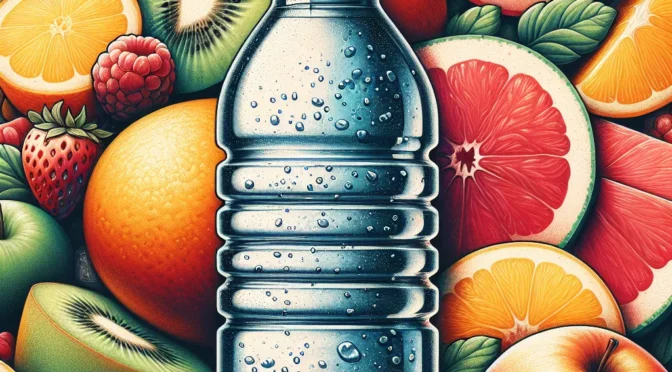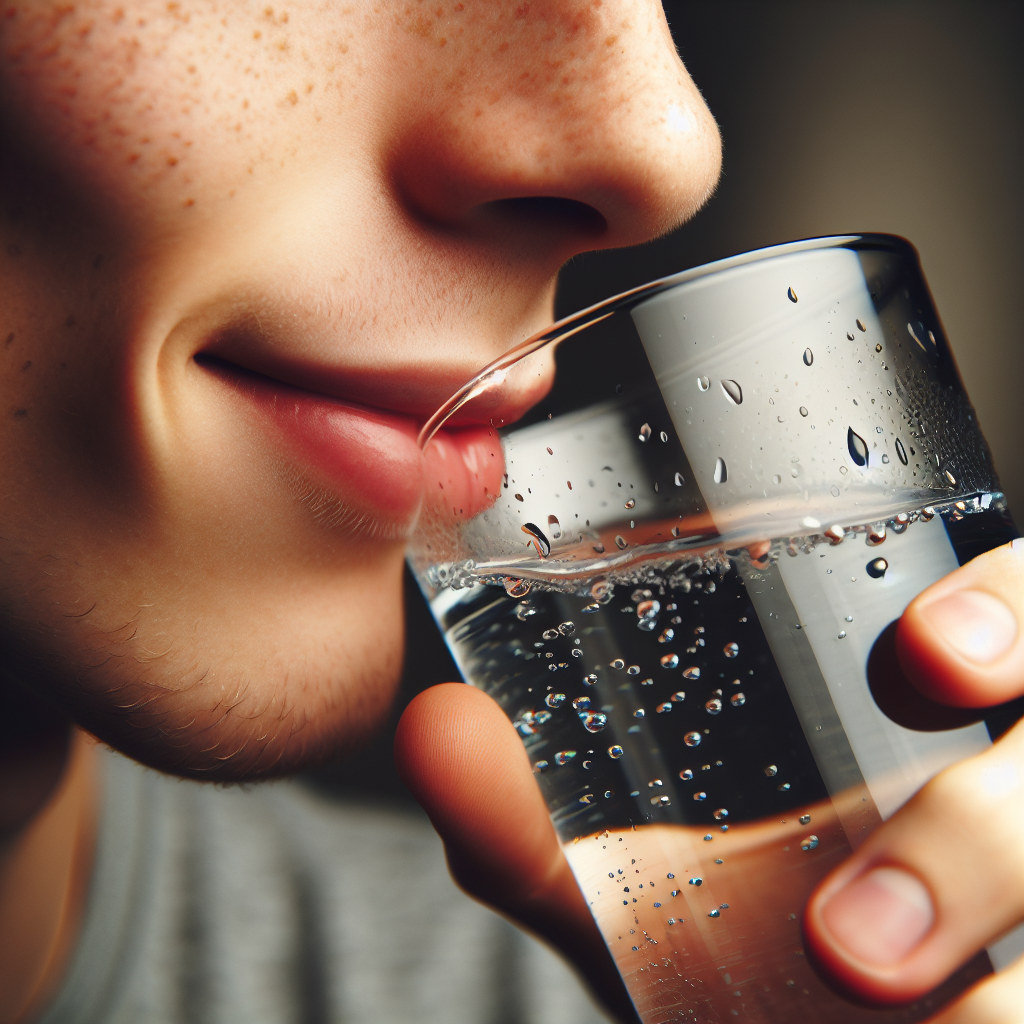– The Impact of Hydration on Physical Performance
Hydration plays a crucial role in maintaining optimal physical performance. When the body is not properly hydrated, it can lead to decreased physical capabilities and overall performance. Dehydration can result in fatigue, reduced endurance, and impaired coordination, all of which can significantly impact an individual’s ability to perform physical activities efficiently.
During physical exertion, the body sweats to regulate temperature, which can lead to a loss of fluids and electrolytes. Without adequate hydration, this fluid loss can result in dehydration, leading to decreased blood volume and compromising the delivery of oxygen to the muscles. As a result, physical performance, including strength, power, and endurance, may be notably diminished.
Furthermore, dehydration can also lead to increased heart rate and decreased thermoregulation, causing the body to overheat more quickly during physical activity. This can further impair performance and potentially lead to heat-related illnesses.
It is evident that maintaining proper hydration is essential for optimizing physical performance. Athletes and individuals engaging in regular physical activity should pay close attention to their fluid intake before, during, and after exercise to ensure peak performance and reduce the risk of dehydration-related complications.
– Hydration and Cognitive Function: What You Need to Know
Hydration plays a crucial role in maintaining optimal cognitive function. Research has consistently shown that even mild dehydration can have a significant impact on various aspects of cognitive performance, including attention, memory, and mood. When the body is not properly hydrated, the brain may experience decreased blood flow and oxygenation, leading to difficulties in concentration and decision-making.
Furthermore, dehydration can impair short-term memory and the ability to process information efficiently. This can be particularly concerning in settings that require mental acuity, such as academic environments or professional workplaces. In fact, studies have indicated that adequate hydration is linked to improved cognitive function, with hydrated individuals demonstrating better performance on tasks that demand cognitive skills.
It’s important to note that the impact of dehydration on cognitive function is not limited to adults. Children and adolescents can also experience cognitive deficits when they are not adequately hydrated. Therefore, maintaining proper hydration is essential for supporting cognitive development and academic achievement in young individuals.
In conclusion, the relationship between hydration and cognitive function is clear. To ensure optimal cognitive performance, individuals should prioritize regular intake of fluids and be mindful of signs of dehydration. By staying adequately hydrated, one can support their cognitive abilities and overall brain health.
– Hydration and Its Role in Digestive Health
Hydration is essential for overall health, playing a crucial role in various bodily functions, including digestive health. Proper hydration is necessary for the digestion, absorption, and transport of nutrients, as well as the elimination of waste products. When the body is dehydrated, it can lead to digestive issues such as constipation and an increased risk of gastrointestinal disorders.
Water is a key component in the digestive process, as it helps break down food and aids in the smooth movement of the food through the digestive system. Adequate hydration ensures that the mucosal lining of the intestines remains intact, promoting the proper absorption of nutrients. Additionally, staying hydrated supports the production of saliva, gastric secretions, and digestive enzymes, all of which are vital for the breakdown of food.
Dehydration can significantly impact the digestive system, leading to discomfort and complications. It can slow down the digestive process, causing food to stagnate in the intestines and resulting in constipation. Chronic dehydration may also increase the risk of developing conditions such as ulcers, gastritis, and acid reflux.
Optimal hydration, therefore, is paramount for maintaining digestive health. It is recommended to consume an adequate amount of water throughout the day, along with hydrating foods such as fruits and vegetables. By prioritizing hydration, individuals can support their digestive system and overall well-being.







